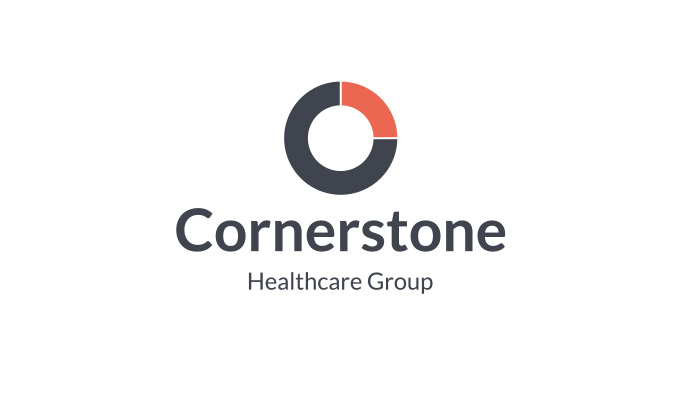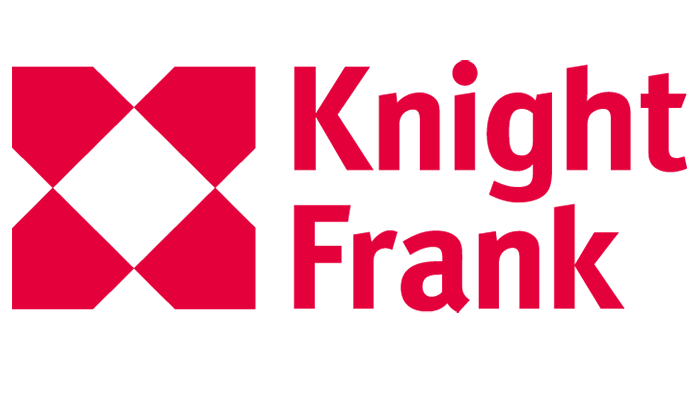Acuity Law partner Jenny Wilde gives the lowdown about incoming changes to The Care Quality Commission (CQC) regulatory regime coming in Autumn 2023.
Sponsored ContentWhy bonuses and pay rises are not a long-term solution to the staffing crisis

Johann van Zyl explains why bonuses and pay rises are not a long-term solution to the staffing crisis
In October 2021, the Care Quality Commission warned of a “tsunami” of people without the care they need this winter due to staff shortages. According to recent studies, nursing homes are experiencing a staff vacancy rate of 18% in England.
There is no doubt care providers are facing an incredible challenge to retain valuable team members, who are depleted and under pressure to maintain standards, with less resource than before.
At Cornerstone Healthcare, we are fortunate to be able to offer financial recognition to our staff. In October we announced a new ‘Golden Career’ bonus scheme, offering up to 5% of annual salary including overtime, which is completely uncapped. This is in addition to a 5% pay rise for our nurses that takes them up to £22.36 per hour and our healthcare assistants to £11.20 per hour. The latest pay increase puts the average nursing salary at Cornerstone at around £49,000, compared to around £28,000 for a similar role within the NHS.
Our commitment to offering attractive remuneration packages positively impacts recruitment and retention, but this isn’t sustainable across the sector and is frankly impossible for some. With the number of vacancies in the sector standing at 150,000 and growing, urgent action, and not lip service, is needed from a number of role players, which includes (but not only) our commissioning bodies and the CQC that need to recognise the staffing crisis in the country.

Care staff added to the shortage occupation list
At Cornerstone we welcomed the government’s long-awaited announcement that care workers would be added to the Home Office shortage occupation list in December 2021. However, it is now important that the bureaucracy and complexity which exists in the immigration system is minimised so that providers of all sizes can reap the benefits urgently.
Government-backed recruitment campaign
The minister for care recently announced that £192 million will be made available for providers to recruit new staff, but not from overseas. Although funding can be used to recruit agency staff, providers are penalised by the CQC for using them. Providers should have autonomy to attract the best staff, regardless of where they come from.
Seeking help unconditionally
A volunteer emergency task force has been mooted as a potential solution to the crisis. Yet seeking help can attract scrutiny from local commissioners who express concern that providers cannot cope, often stopping referrals. While their concern for patient care is appropriate, deterring providers from seeking assistance will be detrimental to patients in the longer term.
No single solution
Care jobs are often seen as a low skilled, low pay with unsociable hours. Brexit, the pandemic and the mandatory vaccination status of staff have compounded these issues and placed unprecedented pressure on staffing levels. That’s why we went above and beyond to reward our staff, which we are grateful to be able to do.
If action isn’t taken by government, thousands will go without the care they need in 2022, a situation providers are all desperate to avoid. The rising cost of agency fees, recruitment, training and utilities will become increasingly more challenging for care home operators and funding from local authorities and CCGs has to acknowledge and take this into account.
This article is sponsored content.
Latest Intelligence
How BookJane, technology platform for health care facilities, manages to increase utilisation, flexibility, staff satisfaction and reduce turnover
Sponsored ContentThis year's report focuses on the healthcare investment market trends from the past year and covers our thoughts for the year ahead.
Market reports



